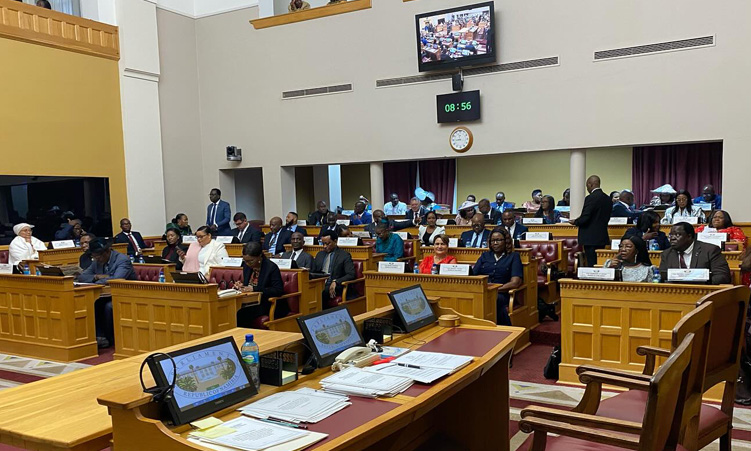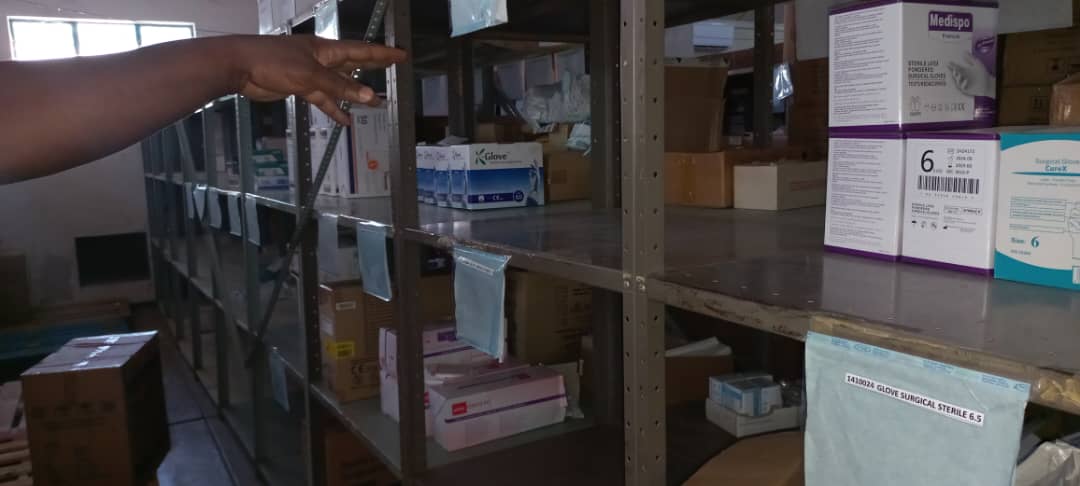THE protection of Namibia’s predators was the main topic of discussion at the 11th general meeting of the Large Carnivore Management Association of Namibia (LCMAN) held at Otjiwarongo recently.
In a statement released after the gathering, LCMAN Secretary, Bonnie Schumann, said seasoned veterans continued to put aside philosophical differences to work towards productive and pro-active carnivore conservation. Represented at the meeting were local farmers, veterinarians, Africat, the Brown Hyena Research Project, the Cheetah Conservation Fund (CCF), Harnas, the Ministry of Environment and Tourism (MET), the Namibian Professional Hunting Association (NAPHA), the Okatumba Wildlife Trust, the Rare and Endangered Species Trust (REST) and the Wild Dog Project.During deliberations, the hope was expressed that more farmers would become involved in the association.As individuals living with a host of hungry predators in their backyards, they are high on the priority list LCMAN has been active in assessing methods to reduce farmer-predator conflict, disseminating information to the farming community and developing guidelines for captive carnivore management among others.”The Namibian Farmers Union (NAU) and the National Namibian Farmers Union (NNFU), although invited, have never been formally represented and would be valuable additions to the association,” said LCMAN Chairman, Dr Mark Jago.The MET formed LCMAN in 1996 to bring together carnivore conservationists in Namibia.It started off as an informal forum and formalised into an association in 2001.Membership is voluntary; members cover their own membership and travel costs to attend meetings.The LCMAN meets every three months, alternatively at Otjiwarongo and in Windhoek.The next meeting will be an annual general meeting in May, when goals and priorities will be set for the coming year.Represented at the meeting were local farmers, veterinarians, Africat, the Brown Hyena Research Project, the Cheetah Conservation Fund (CCF), Harnas, the Ministry of Environment and Tourism (MET), the Namibian Professional Hunting Association (NAPHA), the Okatumba Wildlife Trust, the Rare and Endangered Species Trust (REST) and the Wild Dog Project.During deliberations, the hope was expressed that more farmers would become involved in the association.As individuals living with a host of hungry predators in their backyards, they are high on the priority list LCMAN has been active in assessing methods to reduce farmer-predator conflict, disseminating information to the farming community and developing guidelines for captive carnivore management among others.”The Namibian Farmers Union (NAU) and the National Namibian Farmers Union (NNFU), although invited, have never been formally represented and would be valuable additions to the association,” said LCMAN Chairman, Dr Mark Jago.The MET formed LCMAN in 1996 to bring together carnivore conservationists in Namibia.It started off as an informal forum and formalised into an association in 2001.Membership is voluntary; members cover their own membership and travel costs to attend meetings.The LCMAN meets every three months, alternatively at Otjiwarongo and in Windhoek.The next meeting will be an annual general meeting in May, when goals and priorities will be set for the coming year.
Stay informed with The Namibian – your source for credible journalism. Get in-depth reporting and opinions for
only N$85 a month. Invest in journalism, invest in democracy –
Subscribe Now!










